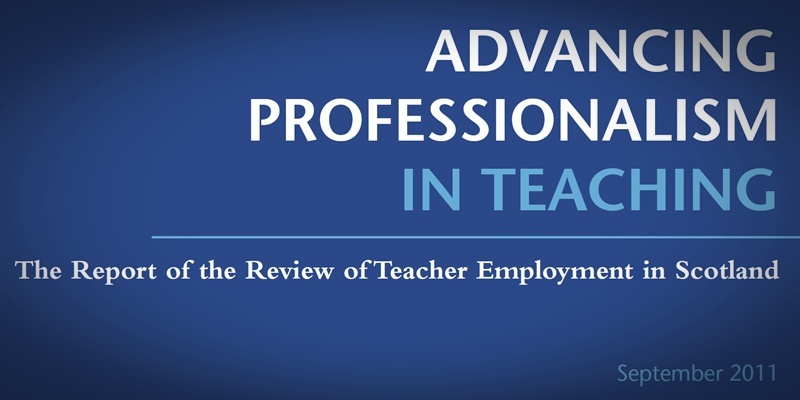A long-awaited review on teacher employment in Scotland is a ”slap in the face” to teachers and should not be welcomed, according to a union.
The McCormac Review, commissioned by Scottish ministers earlier this year and formally published on Tuesday, made a number of recommendations for key changes to teachers’ working hours and practices, although it seemed to maintain in principle the 35-hour working week and pay structure.
After taking time to digest the review’s findings, Fife branch of the Educational Institute of Scotland (EIS) says the document will do little to boost morale.
A spokesman said: ”We already know that teachers work far longer than 35 hours some research suggests as much as 45 hours per week for classroom teachers and more than 60 hours per week for head teachers and deputes, and the review has guaranteed these sorts of hours will continue.”
The review also suggests concentrating more power in the hands of head teachers, although the EIS fear the handover of power proposed is more than local union members would consider healthy.
”We are well aware of the good work done by many head teachers but the review strikes at the very concept of negotiation in schools,” the spokesman said.
”Indeed the move away from collegiality, whilst of course still cloaking everything in the language of collegiality, will take teachers back in the McCormac time-machine to the early 1990s.”
Fife EIS also believes support in the review for the re-accreditation of teachers is worrying.
The spokesman said: ”There seems to be a myth … that there are large numbers of bad teachers in our schools.
”Fife EIS would reject that view whilst acknowledging that there are issues about competency for a very small number of teachers.
”Coming at a time when the financial imperative for Cosla, and one must assume the Scottish Government, is to get as many teachers off the books as possible for purely financial reasons, ideas about re-accreditation are very worrying indeed.
”The review acknowledges that: ‘OECD data suggests that Scottish teachers spend more time in contact with a class than the majority of nations considered by the OECD.’
”Long hours, ever increasing workload, pay freeze just the time to attack the trust of teachers and the esteem in which they are held. There is little or nothing to welcome here.”
